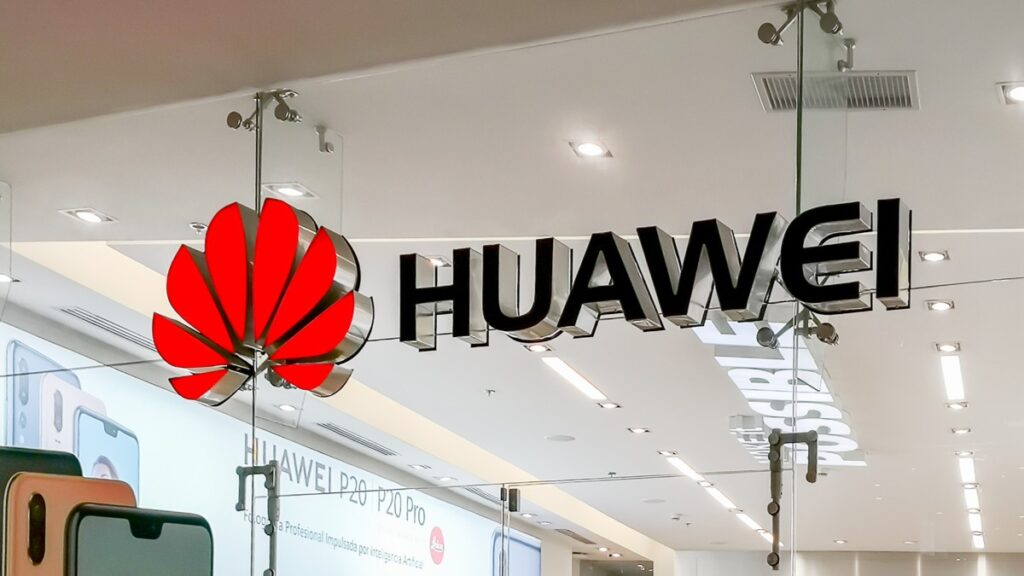
In a fierce attempt to expose affiliates linked to China’s Xinjiang surveillance accusations, The Washington Post publicized on Tuesday a hidden aspect revealing Huawei’s association in persecuting against the region’s ethnic minorities.
The leaked PowerPoint presentations acquired by the news outlet revealed that it had obtained the documents through a public Huawei site before being removed by the company. The report incorporated detailed slides highlighting the Chinese vendor’s association with different firms to develop numerous systems, with metadata placing Huawei’s involvement between 2014 and 2020 to China’s Xinjiang surveillance.
In addition, not only did the documents reveal their connection throughout these six years, but also official copyrights data with dates issued from 2016 to 2018, the peak period of the architectural repression targeting the region.
The most notable slide demonstrated the giant’s products being “the foundation of the smart prisons unified platform,” referenced to heighten manufacturing labor, alongside analysis of the vitality of reeducation and its effectiveness.
The Post further elaborated that Huawei stated in the presentation that most of the technology deployed on its part, was placed in Xinjiang – a region in the North-West of China, heavily populated with Uyghur Muslims.
All this originated when the Chinese government was accused of breaching multitudes of human rights against the Uyghur demographic, such as detaining and reeducating them in camps and taking advantage of them for mandatory labor.
Another translated slide showcased a comprehensive surveillance system adopted in Xinjiang. It addressed public security forces’ approach in identifying and catching a fugitive through the region. While the uncovered document shone a light on how Huawei has been indulging in this demeanor for at least five years, the news outlet stressed that it does not directly mention Uyghurs.
From its side, Huawei quickly went to claim its innocence against these allegations, stating it never supplied any tech to Xinjiang.
Various Chinese tech firms have been under the American spotlight, with the U.S.’s Department of Commerce expanding its “Entity List,” with more than 24 companies associated with the Chinese authority’s surveillance operations on Xinjiang minority group.